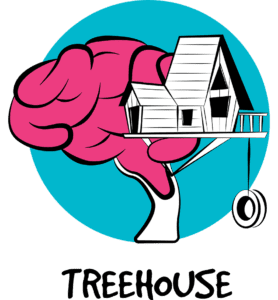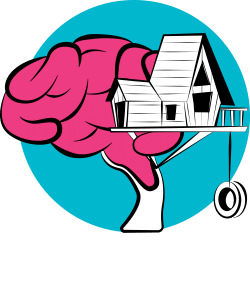Scotland has more recently started to come to terms with its own involvement in the Atlantic Slave Trade. It has often been overlooked because there was no port from which ships who were directly involved in trading of slaves in West Africa sailed or docked.
However, it is quite clear that Scotland benefitted substantially from the trade and was able to invest significant sums of wealth into the development of industry, banking and architecture. The Glasgow Tobacco Lords accumulated vast sums of wealth that could be invested in industrial developments such as steam power. The legacy is there – a walk around Glasgow and you will find street names such as Buchanan, Glassford and Ingram, all named after Scottish tobacco planters and situated in the merchant city, built with the wealth created by slaves.
Edinburgh boasts the beautiful New Town but these were the homes of merchants who were involved in the Atlantic Slave Trade. Sir Henry Dundas, whose statue overlooks St Andrews square, used his influence in Parliament to deliberately delay the end of the slave trade by 15 years. Recently, Edinburgh City Council changed the details on the monument to acknowledge Dundas’ role in the Slave Trade and delaying its end. It also pays tribute to the half a million Africans who were enslaved during the time delay Dundas caused to the ending of the Slave Trade. A small step in the right direction to atone for the actions of a man who accumulated great wealth from the enslavement of human beings. However, the descendant of Henry Dundas, Bobby Dundas, has argued that his ancestor was an abolitionist. Protestors point out that this is another attempt by the family of a white slave trader to dominate history and they are not responding or listening to what protestors are saying.
Protestors state that the refusal to listen and to critically evaluate our past and acknowledge the involvement and consequences of Britain in the Atlantic Slave Trade, contributes towards entrenching racist attitudes. When the narrative is created by, and perpetuated by, white people and their perception of the past, it becomes an increasingly difficult narrative to change.
The former Prime Minister, Boris Johnson, called BLM protestors ‘thugs’ and insists the UK is not a racist country.



